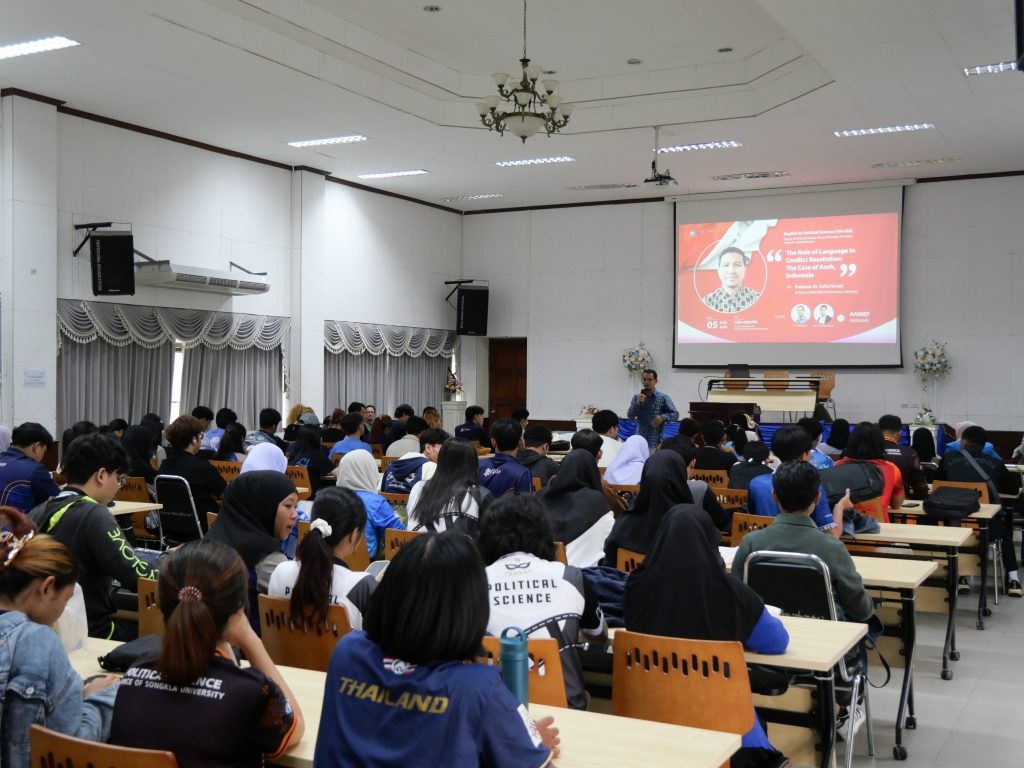
On 5th July 2024, the Sri Wangsa Room, Faculty of Political Science at Prince of Songkla University, Pattani Campus held a special seminar with a Professor from Indonesia UIN Ar – Raniry Banda Aceh, Prof. Dr. Phil. Saiful Akmal MA. The seminar focused on “The Role of Language in Conflict Resolution: The Case of Aceh, Indonesia.” The seminar was hosted by Asst. Prof. Dr. Anwar Koma and Dr. Hafiz Salae. It was also attended by Dr. Abdulloh Yusoh and also introduced Dr. Zoltan Palla, a researcher from the Austrian Academy of Science who focuses on the issue of Islamic Parties in Thailand. The main objective of the seminar was to provide insight into the socio-political dynamics in Aceh and how language has a role in conflict resolution. The most important part is the Faculty of Political Science has four Indonesian students who have been doing internships for three months. They come from different universities: Dewi Indah Berliana and Dayandri Trisatya Fatanabullah from the State University of Malang, Siti Latifah from STIT At-Taqwa Ciparay Bandung, and Rasyid Muhammad Syavie from STBA Bina Dinamika Bekasi. All of the Indonesian students were enthusiastic about the intern program.
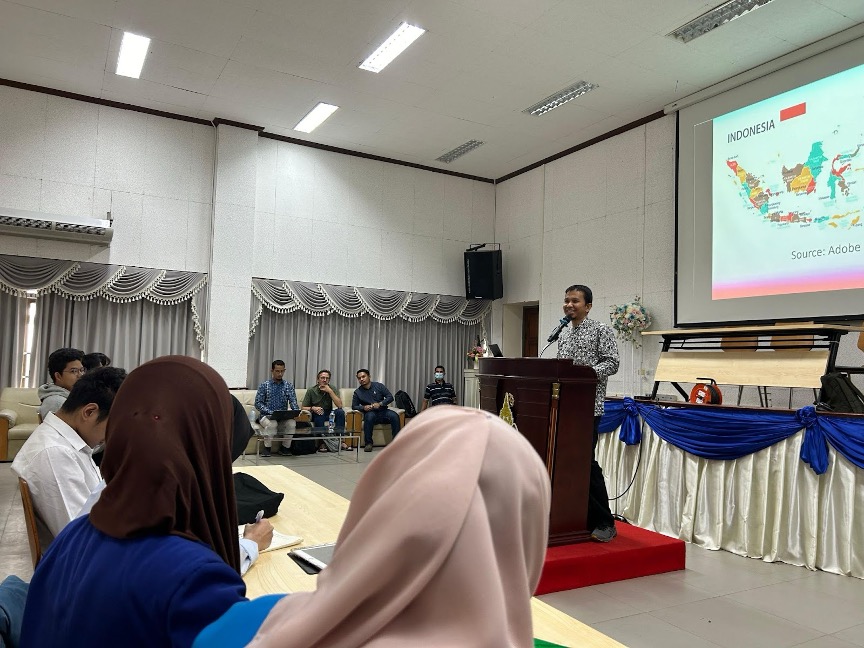
Image 1. Prof. Dr. Phil. Saiful Akmal MA asked the audience about Aceh
The introduction of Aceh was a significant first step as Prof. Dr. Phil. Saiful Akmal MA began the seminar. Aceh is part of Sumatra, a region at the northernmost tip of Indonesia known for its ethnic, linguistic, and religious diversity and majority Muslim population. Aceh’s culture and politics are crucial to Indonesia’s history. It Is unique in the Islamic world including links to the Ottoman Empire and influences from Arabic traditions. By providing this background, he has encouraged the audience to understand the complex context of Aceh, which involves the interaction of various social, political, and cultural factors. It helped seminar audiences to see how Aceh has been an important example in understanding the role of language and cultural identity in conflict resolution.
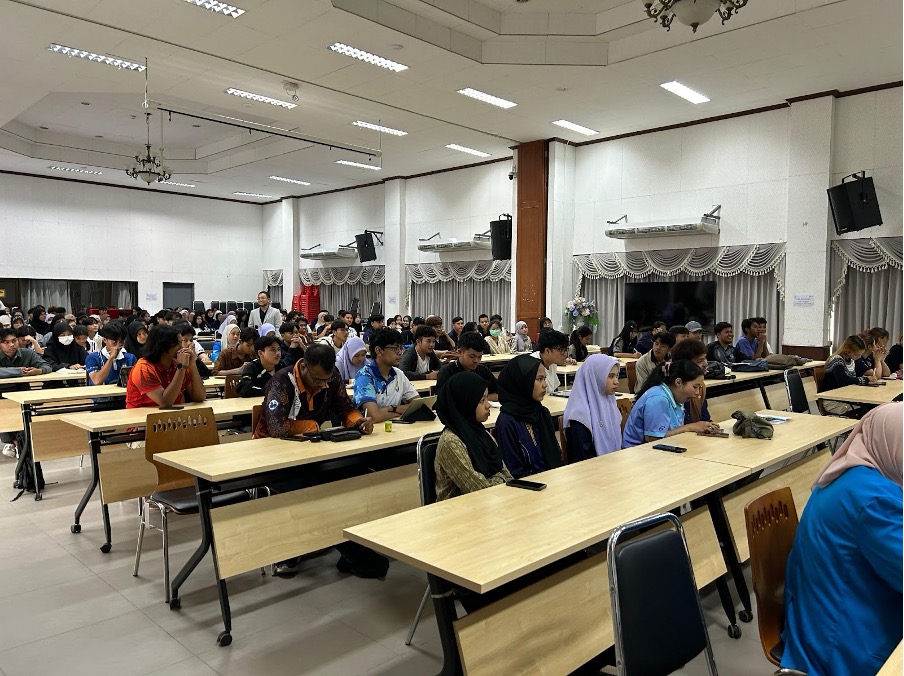
Image 2. Many students are excited in joining a special seminar in the Sri Wangsa Room
Language in Aceh serves a variety of contexts, including art, literature, and politics. Prof. Dr. Phil. Saiful Akmal MA highlighted the conflict in Aceh. The role of language was pivotal in both the Indonesian government’s rebellion and the separatist movement. Language was employed as a tool for propaganda and to establish a political identity. In addition, the use of the Acehnese language in propaganda helped to reinforce the messages of the struggle and expand the influence of the separatist movement. Thus, the role of language in the conflict in Aceh was not only limited to communication but also to establishing and maintaining a collective identity and fighting for justice and the democratic rights of the Acehnese people.
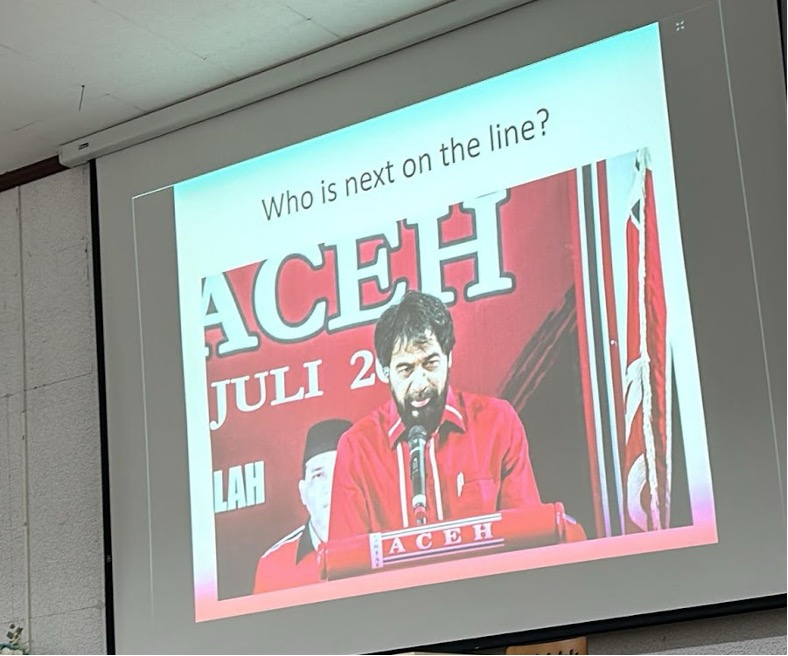
Image 3. Muzakir Manaf (Mualem), a crucial figure in Aceh’s history and politics
During his presentation, Prof. Dr. Phil. Saiful Akmal MA attracted the participants by showing a picture of a figure and asking questions about who the figure was and which political party he was a member of. He announced that anyone who could answer correctly would get a prize. It attracted the audience to participate more actively in the seminar. Some participants tried to answer, and one of the Thai students quickly answered that the figure was Muzakir Manaf from the Aceh Party. Because the answer was correct, Prof. Dr. Phil. Saiful Akmal MA gave a prize in Indonesian money in the amount of Rp. 100.000,00 (45 ฿).
Muzakir Manaf (Mualem) is a figure known as a freedom fighter and a politician who tries to develop a better future for Aceh. After the peace agreement, Muzakir Manaf became one of the founders of Partai Aceh, a political party founded by former Gerakan Aceh Merdeka (GAM) members. The political party has been the dominant political force in Aceh since the peace agreement. In this way, Prof. Dr. Phil. Saiful Akmal MA not only provided informative material but also had an interactive session that made the audience more participated and enthusiastic in following the seminar.
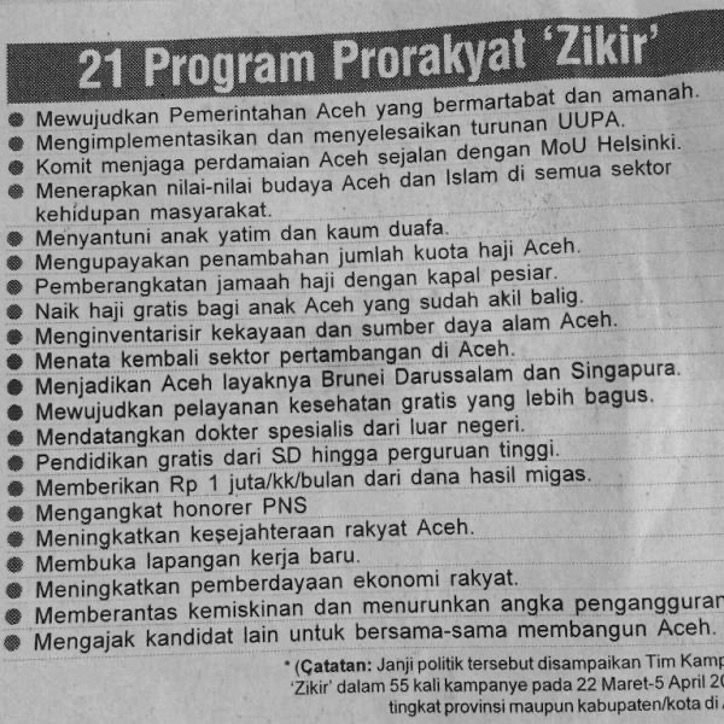
Image 4. Political Promises of the Government of Aceh 2012-2017
One of the conflicts that happened was the MOU signing between the Indonesian government and the Gerakan Aceh Merdeka (GAM). Prof. Dr. Phil. Saiful Akmal MA explained that following the conflict, former combatants from Gerakan Aceh Merdeka (GAM) established a political party called Partai Aceh. In 2004, the tsunami was also a big factor that changed the situation, leading to the creation of new political parties and organizations. He observed that some of the political promises made were unrealistic and could not be fulfilled, such as one billion rupiahs in cash per month is given to each family, the Indonesian citizen gets the fees for medical trips to Penang, and free education from primary school to university.
During the Q&A session, one of the Prince of Songkla University students asked, “Is the region of Aceh not comfortable to be visited by foreign tourists or local Indonesian citizens? Because there are many political conflicts and my friend didn’t recommend it,” said Fatimah Fayee.
Despite the Aceh conflicts, Prof. Dr. Phil. Saiful Akmal MA highlighted that Aceh remains a multicultural place where different cultures and religions can peacefully and harmoniously coexist. The seminar provided valuable insights into Aceh’s socio-political dynamics and underscored the critical role of language in conflict resolution. The seminar at Prince of Songkla University, Pattani Campus highlighted the complex relationship between language, culture, and politics in Aceh. Prof. Dr. Phil. Saiful Akmal MA insights into the region’s history and ongoing challenges emphasized the importance of language as both a unifying and divisive force in conflict resolution.
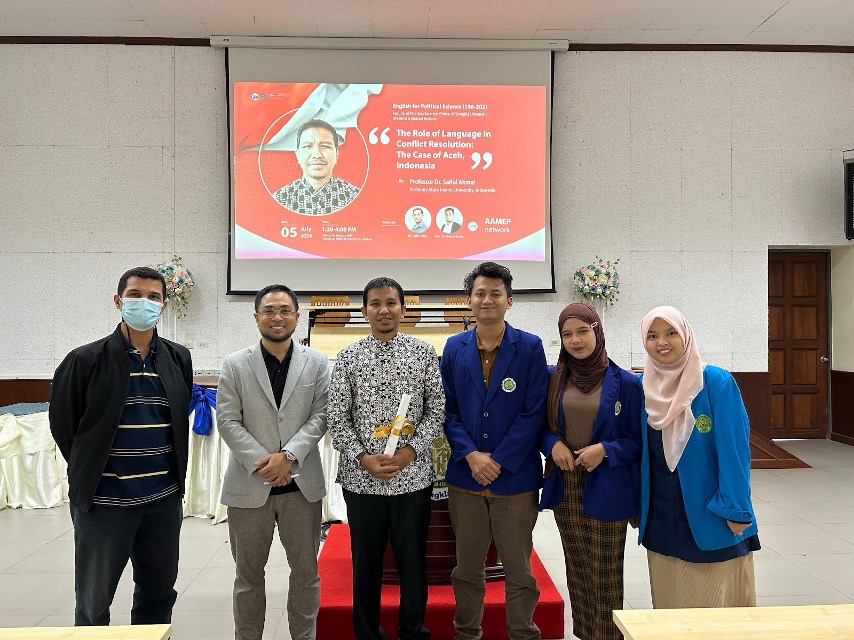
Image 5. Prof. Dr. Phil. Saiful Akmal MA was Given the Appreciation Award
From the author’s perspective, Aceh (Indonesia) and Pattani Province (Southern Thailand) have similarities in this conflict. It is surprising and interesting because both conflicts have involved ethnic and religious groups that are different from the majority of the population of each country. The Acehnese are majority Muslim and have a strong Acehnese ethnic identity. At the same time, the people in Pattani are also majority Muslim with a Malay identity that differs from the majority Buddhist Thai population. Language played an important role in the conflict between Pattani and Aceh to maintain their cultural and religious identity.
There are several lessons to be learned from the conflicts in Aceh and Pattani, the author agrees that to resolve any political conflict, it is important to communicate with open minds to find a positive solution as the Aceh government and the separatist movement did. This approach shows that open communication and negotiations can help find a peaceful solution and stop the violence. In addition, one of the main reasons for the conflict in Aceh and Pattani is the lack of respect for local ethnic and cultural identities. This is key to establishing peace and harmony. International support and mediation are also needed, as in the case of the Aceh peace agreement mediated by Finland, which can help facilitate the conflict process and provide additional security for the conflicting parties. In addition, post-conflict have established reconciliation and transitional justice processes to handle human rights violations that happened during the conflict.
Keywords : Acehnese, Sociolinguistic, Language, Political Conflict
Author : Dewi Indah Berliana as an intern student from State University of Malang under the supervision of Asst. Prof. Dr. Anwar Koma,
Faculty of Political Science, Prince of Songkla, Pattani Campus
Reviewer : Dayandri Trisatya Fatanabullah Siti Latifah
Download origin file